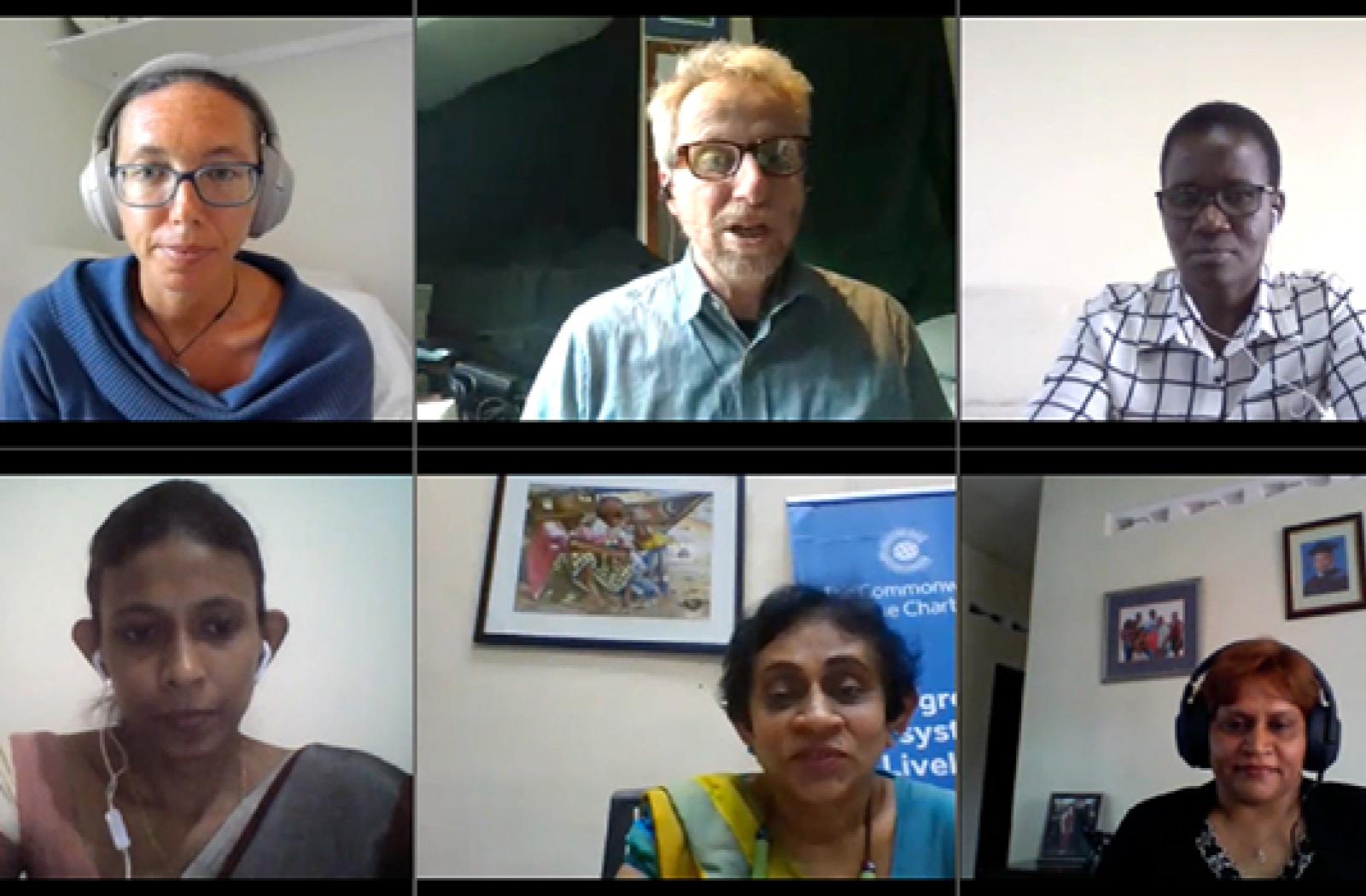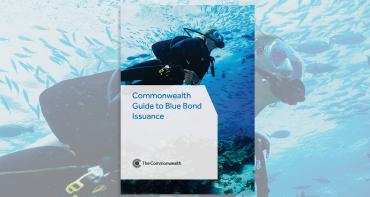Mangroves are disappearing at an alarming rate, with conservationists across the Commonwealth striving to save them from local extinction.

Mangroves are disappearing at an alarming rate, with conservationists across the Commonwealth striving to save them from local extinction.
These nearshore forests that straddle land and sea provide a range of vital services to both humans and fish, such as coastal protection.
In a webinar organised by the Commonwealth Secretariat to mark World Mangrove Day, scientists and policy experts discussed how to “unlock” the wealth of mangroves, by regenerating these extraordinary ecosystems.
Rare ecosystems
Hasanthi Dissanayake, Director of Ocean Affairs, Environment and Climate Change at the Ministry of Foreign Relations of Sri Lanka, set the scene: “Mangroves are rare ecosystems that support the rich biodiversity and provide a valuable nursery for fish and crustaceans. There is a range of livelihoods connected to mangroves, ranging from fisheries to tourism.
“They also act as form of natural coastal defence against tsunamis, rising sea levels, storm surges and erosion. Their soils are highly effective carbon sinks, sequestering vast amounts of carbon.”
Despite their ecological and economic value, mangroves are perishing at least three to five times faster than overall global forests. Half of the world’s mangroves have already been lost over the last 50 years due to human activity such as coastal development and pollution.
Reversing this decline has not been easy and is one of the main focus areas of the Commonwealth Blue Charter – an agreement by 54 countries to actively work together to solve some of the world’s most pressing ocean issues.
Case studies, lessons learned
The webinar saw panellists share their experiences in preserving and regenerating mangroves around the world.
Rahanna Juman, Deputy Director at the Institute of Marine Affairs in Trinidad and Tobago cited a mangrove-replanting project in an area that had been cleared to construct a pipeline. To bring back the mangroves, her team first restored the natural topography and flow of water to the area, then replanted more than 260 seedlings.
However, very few survived in comparison to mangroves that naturally recolonised the area, once it was back to the original environmental conditions. Dr Juman advised: “Mangrove planting should be the last option”.
Achini Fernando, a specialist at Sri Lanka’s Marine Environment Protection Authority, showed how “rapid assessing techniques” can be used to map species diversity as well as vulnerability of mangroves.
She added that this leads to better decisions on eco-tourism plans in Sri Lanka, saying: “Scientific data forms the foundation for good management.”
Leah Glass, global lead on mangroves from Blue Ventures, explained how her organisation is working with the UK Government to empower coastal communities to manage mangroves in a way that also fights climate change.
This is done by placing a monetary value on the carbon stored by mangroves and selling these “carbon credits” to global buyers who want to make a positive impact on the environment. The returns are then used to fund community-led mangrove conservation, restoration and management.
Judith Okello, an ecologist from Kenya’s Marine and Fisheries Research Institute, echoed the importance of engaging local communities. In her research, local actors have been a key source of information to guide mangrove restoration work.
Collaboration
The Commonwealth Blue Charter lead at the Commonwealth Secretariat, Jeff Ardron, welcomed the insights shared by panellists, and encouraged countries, partner agencies, and all interested to further collaborate through the Blue Charter Action Group focused on mangroves.
He said: “The work Commonwealth Blue Charter is driven by 10 action groups, led or co-led by 13 champion countries. These action groups are valuable platforms to share experiences, strategies and best practices – both what works and what doesn’t – to make country actions more effective.”
Sri Lanka champions the Action Group on Mangrove Ecosystems and Livelihoods.
The webinar was the third in a series focusing on challenges and solutions for more sustainable ocean management.
Watch the highlights video
CWS-EDI-20-003 Short Cut V2
Watch the full webinar
CWS-EDI-20-003 Long Cut V1
- target="_blank">Download slides from the mangroves webinarDocumentMangrove full slides.pdf (6.16 MB)
- More info on the Commonwealth Blue Charter webinar series.


